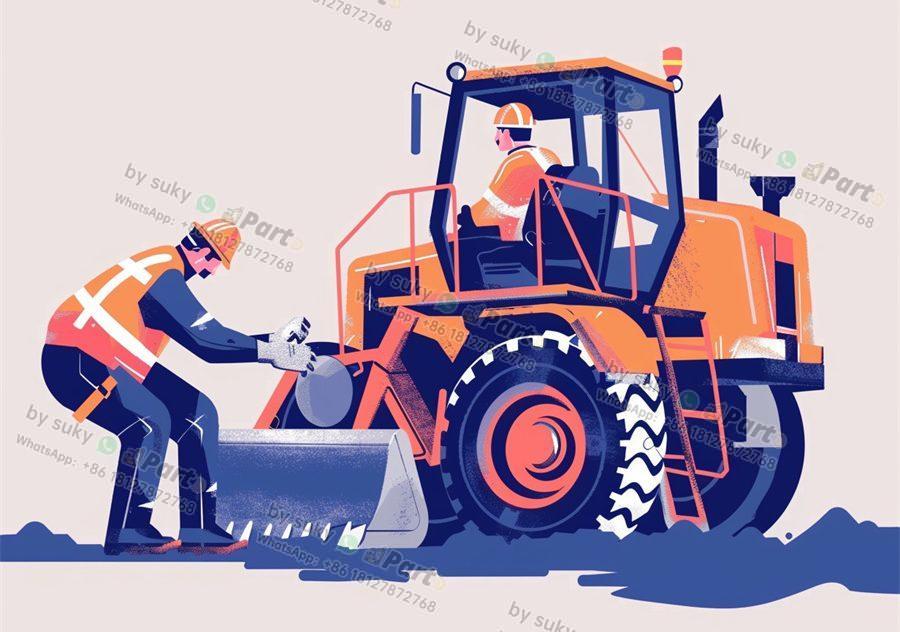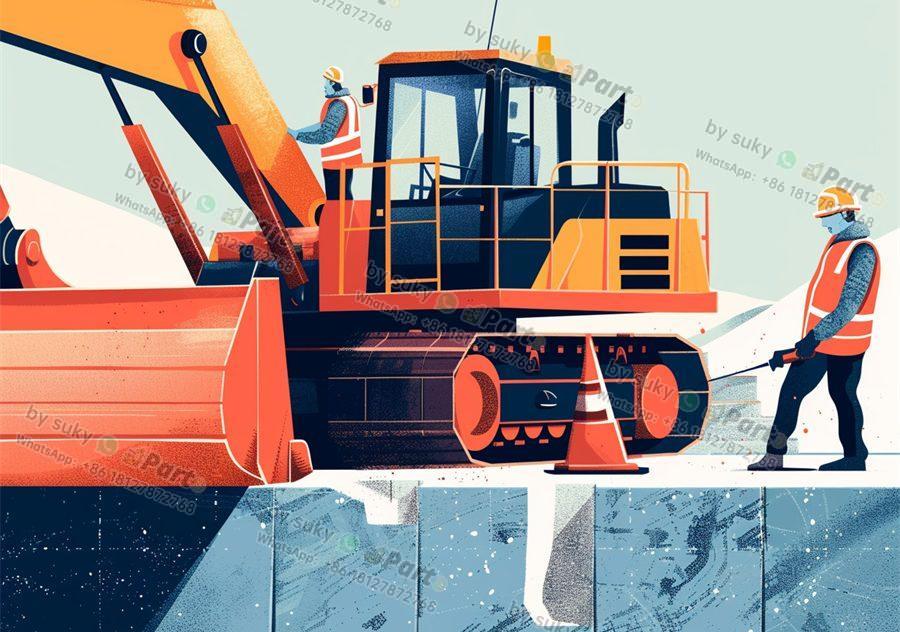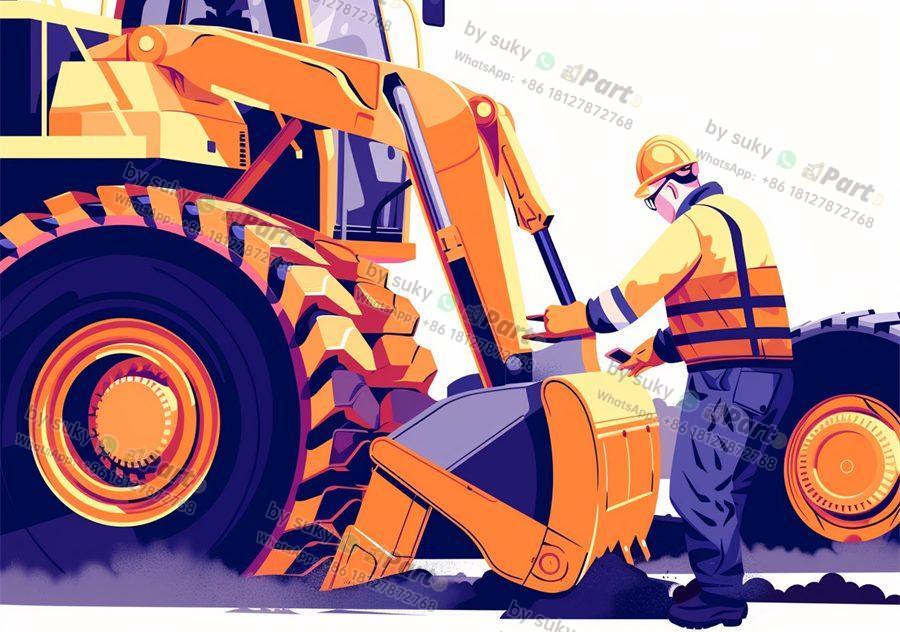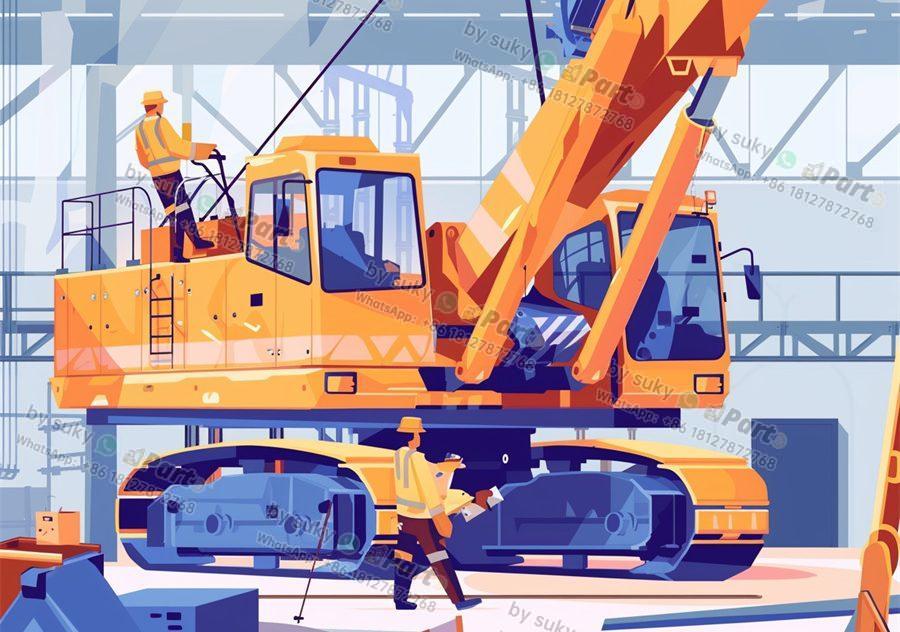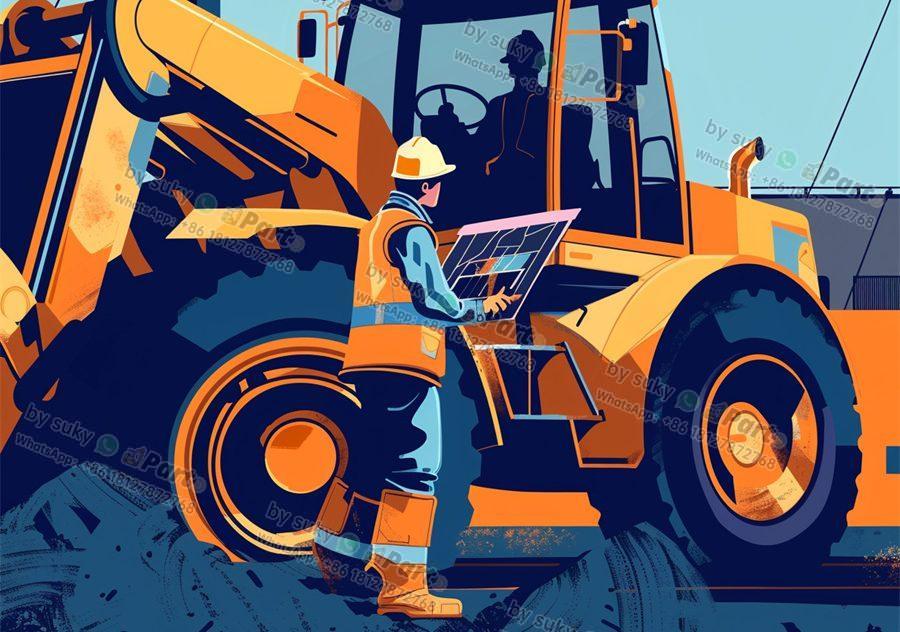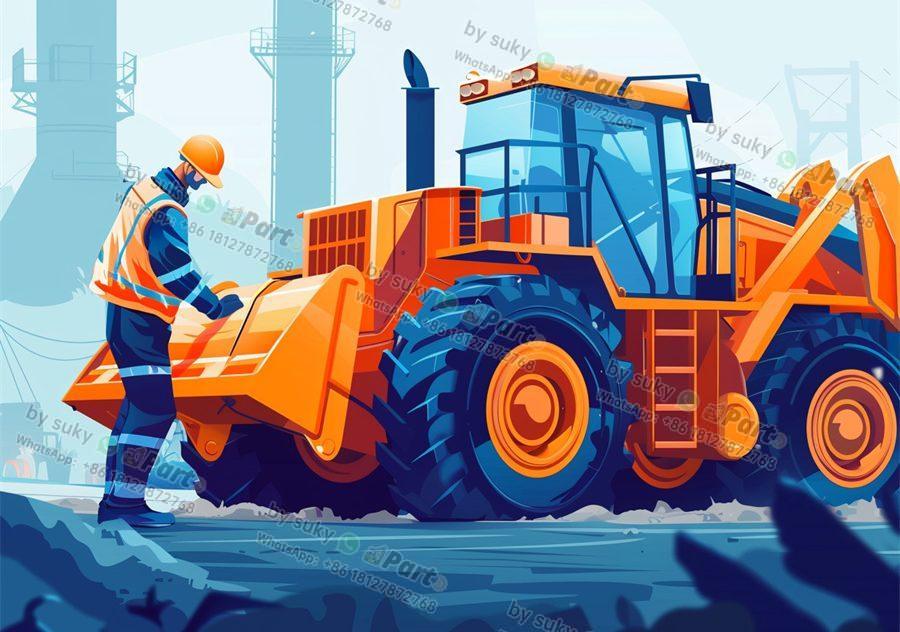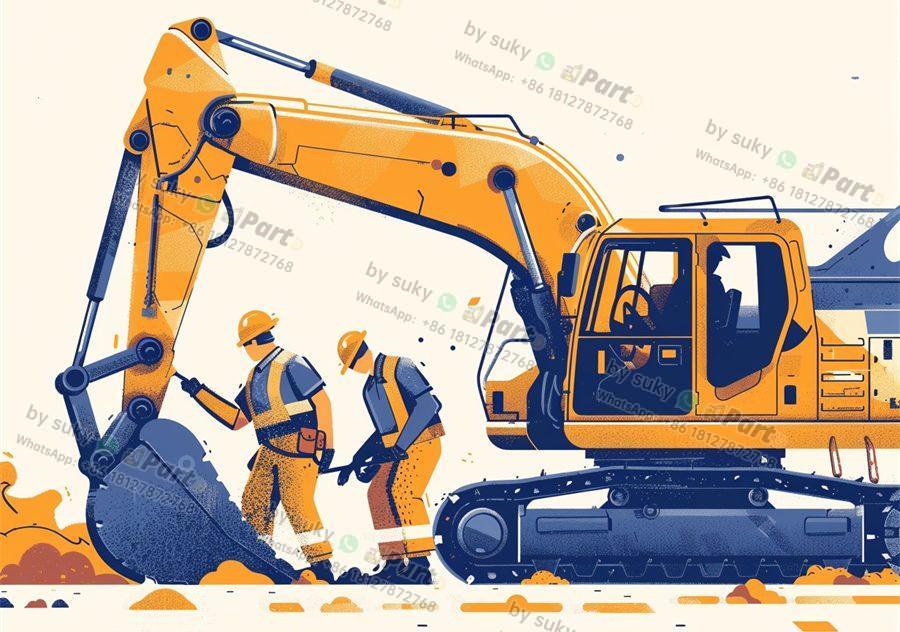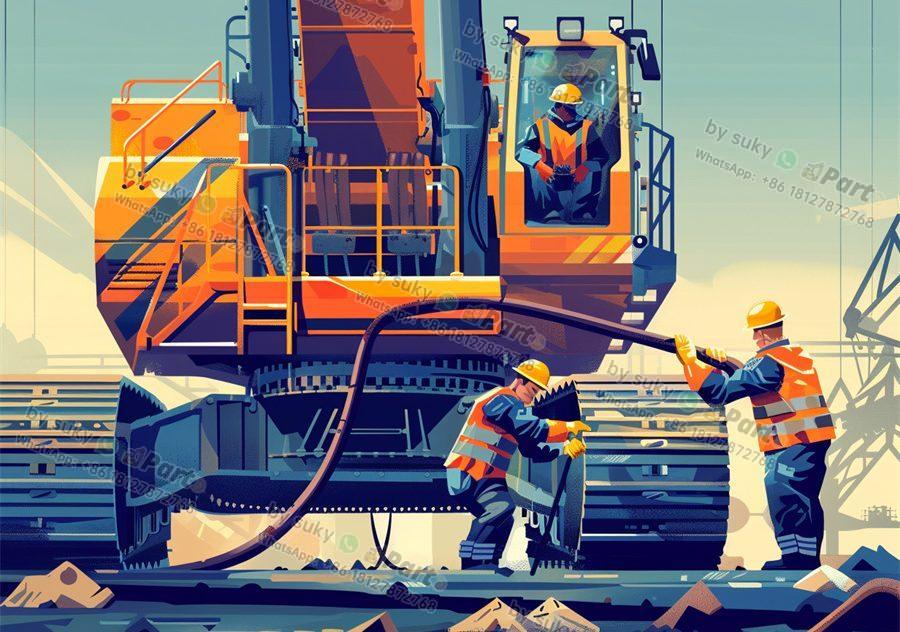Are you in search of high-quality parts for the H35-2 mini excavator? Look no further! At 4288000, we specialize in providing top-notch parts for construction vehicles like the H35-2 mini excavator. As an importer or distributor of engineering vehicle parts, it is crucial to have reliable suppliers that offer durable and efficient components for your customers. Read on to learn more about why 4288000 is the perfect choice for all your H35-2 mini excavator parts needs.
Wide Selection of Parts for the H35-2 Mini Excavator
We understand the importance of having a wide selection of parts available for the H35-2 mini excavator. Our inventory includes everything from hydraulic pumps and cylinders to filters and track shoes. No matter what part your customers may need, we have it in stock and ready to ship. By partnering with 4288000, you can provide your clients with a one-stop shop for all their H35-2 mini excavator part needs.
Quality and Durability You Can Trust
When it comes to construction vehicle parts, quality and durability are paramount. At 4288000, we take pride in offering only the highest quality parts for the H35-2 mini excavator. Our parts are manufactured to meet or exceed OEM specifications, ensuring that they will perform reliably and effectively in even the most demanding conditions. By choosing 4288000 as your parts supplier, you can rest assured that you are providing your customers with top-of-the-line components they can trust.
Competitive Pricing and Excellent Customer Service
In addition to our high-quality parts, we also offer competitive pricing and excellent customer service. We understand the importance of affordability and efficiency in the construction industry, which is why we work hard to keep our prices competitive without compromising on quality. Our knowledgeable and friendly customer service team is always available to assist you with any questions or concerns you may have. When you partner with 4288000, you can expect not only top-notch parts but also a seamless and enjoyable buying experience.
In conclusion, 4288000 is your go-to supplier for all your H35-2 mini excavator parts needs. With a wide selection of high-quality parts, competitive pricing, and excellent customer service, we are committed to helping you provide your clients with the best possible products and service. Partner with us today and experience the difference that 4288000 can make for your business.

